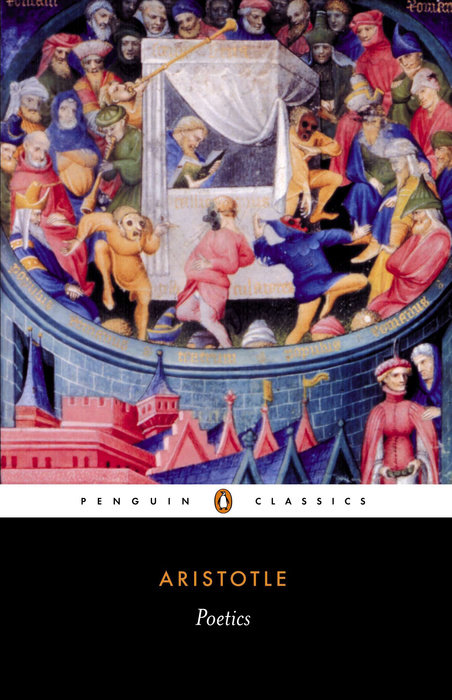
Politics
Book Description
The fate of a city hangs in the balance as Aristotle dives deep into the heart of governance and human behavior. Explore the tangled web of power, justice, and the common good, where the stakes are nothing less than the soul of society itself. With vivid examples and penetrating insight, every debate and decree echoes through the ages, challenging ideals and provoking thought. What true role does virtue play in leadership? As alliances shift and ideals clash, one question remains: can the pursuit of the greater good ever be reconciled with the ambitions of those in power?
Quick Book Summary
"Politics" by Aristotle is a foundational text in Western political philosophy, examining the nature, purpose, and organization of the city-state (polis). Aristotle explores how governments are formed, the causes of political change, and the role of citizens in civic life. He argues that the ultimate goal of politics is to promote the common good and virtue among citizens, analyzing different types of constitutions—monarchy, aristocracy, and polity—as well as their corrupt forms. By delving into questions of justice, property, and the balance between individual ambition and collective well-being, Aristotle provides enduring insights into the complexities of governance, the responsibilities of rulers and citizens, and the pursuit of a just and flourishing society.
Summary of Key Ideas
Table of Contents
The Nature and Purpose of the State
Aristotle begins by exploring the natural formation of the state, arguing that humans are political animals destined to live in communities. The state, in his view, arises from the needs and interactions of families and villages, growing into a political community whose ultimate aim is the good life. The relationship between ruler and ruled, master and slave, and the notion that some people are naturally suited to govern or be governed are foundational to his view of the polis. For Aristotle, the purpose of the state transcends mere survival; it exists for the promotion of virtue and the realization of human potential.
Virtue, Citizenship, and the Common Good
Virtue plays a central role in Aristotle's conception of citizenship. A good citizen is not merely law-abiding, but actively pursues the common good alongside private interests. Education and habituation in virtue are essential to ensure citizens can effectively participate in public affairs. The state’s laws and institutions should foster moral excellence, guiding individuals to contribute to a just and harmonious society. Aristotle wrestles with the tension between individual ambition and collective responsibility, ultimately suggesting that true happiness and fulfillment are attainable within a well-ordered political community.
Comparing Types of Government
Aristotle identifies three main forms of government: monarchy, aristocracy, and polity. Each has ‘deviant’ counterparts—tyranny, oligarchy, and democracy—arising when rulers govern in their own interest rather than for the common good. Aristotle offers a pragmatic analysis of these regimes, recognizing strengths and weaknesses in each. He advocates for polity, a mixed constitution blending the best elements of oligarchy and democracy, as the most stable and just form for most societies. Throughout, Aristotle emphasizes the importance of laws and institutions tailored to a community’s unique circumstances and values.
Causes of Political Change and Stability
Change and stability in political life are recurring themes in "Politics." Aristotle examines the causes of revolution and civic strife, such as inequality, factionalism, and perceived injustice. He suggests that stable governments are those that achieve a balance among competing interests, maintain the rule of law, and offer opportunities for engagement by citizens of all classes. Carefully designed constitutions and vigilant attention to the common good are, in Aristotle's opinion, the keys to preventing unrest and ensuring the longevity of the state.
Justice, Property, and the Role of Law
Justice is at the heart of Aristotle’s political philosophy. He explores the allocation of property, wealth, and honors, arguing that justice requires proportionality and merit. Laws should serve not only to prevent wrongdoing but to shape virtuous character in the populace. For Aristotle, the rule of law is essential to protect against the excesses of both rulers and the masses, ensuring that governance aims at the shared good rather than private interests. By interweaving ethics and politics, Aristotle’s "Politics" remains a vital source for understanding the enduring questions of power, governance, and the common welfare.
Download This Summary
Get a free PDF of this summary instantly — no email required.





